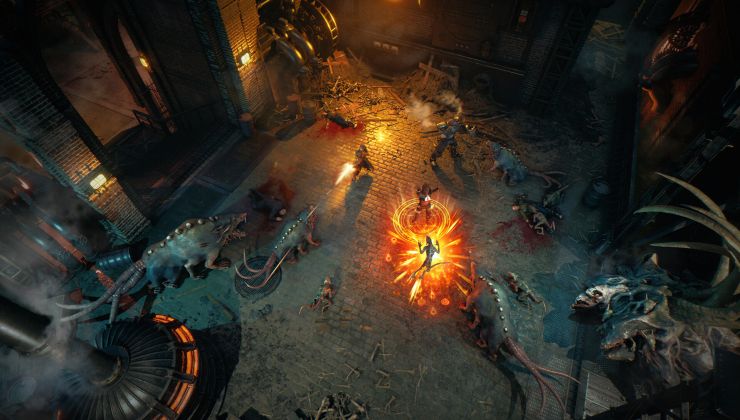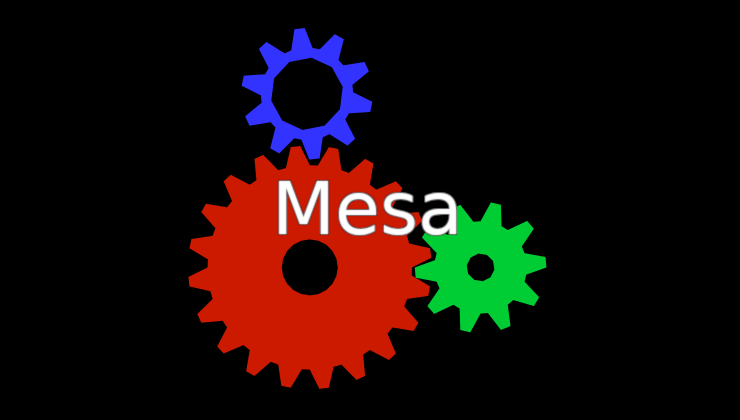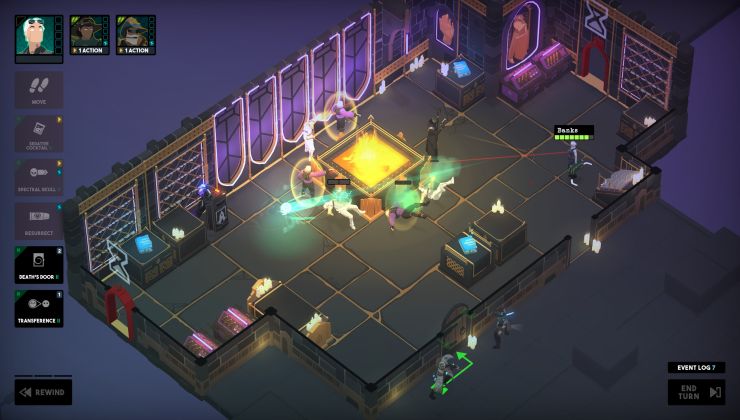There's a lot of blog posts and news articles being written right now centred around Microsoft's plans for updates to Windows 11, and potential kernel changes, with some thinking this means big things for Linux gaming.
Sorry to say, but I'm here to bring a more realistic take and to help keep all your feet on the ground.
This comes from a Microsoft blog post titled "Taking steps that drive resiliency and security for Windows customers", which is as a result of the recent CrowdStrike incident where an update took down millions of Windows PCs due to it running at the kernel-level inside Windows.
One that has been really doing the rounds lately, especially across Reddit and other social media is from Notebookcheck, with a rather sensational article title of "Microsoft paves the way for Linux gaming success with plan that would kill kernel-level anti-cheat".
Here's the thing: Microsoft don't actually say they will kill off kernel-level access, and if they tried that (again - they tried with Vista before), they will no doubt again face some pretty serious push-back from both cybersecurity vendors and regulators across various countries. Something that would likely be more hassle than its actually worth. What Microsoft do actually talk about, is providing additional options that are outside of kernel mode - a whole new platform to "meet the needs of security vendors".
This new security platform, if vendors chose to actually go ahead and use it, could mean the opposite for Linux gaming, and cause a whole bunch of new headaches when it comes to supporting it regardless of it being via Native Linux games, or Windows games through Wine and Proton. So if anything, I would say that rather than paving the way for Linux gaming to get better, it's just going to be another hurdle. As annoying as that is.
Just because some things may move out of the kernel-level, also doesn't mean things will suddenly work on Linux (or get any easier to support via Wine / Proton). There will be various ways for developers to detect Linux, and continue to block it.
Just look at Destiny 2 as the easy and simple example here, they very clearly check for and completely block Linux platforms from playing Destiny 2 via Proton with no way around it. From the official Bungie website:
Steam Deck and Destiny 2
Destiny 2 is not supported for play on the Steam Deck or on any system utilizing Steam Play's Proton unless Windows is installed and running. Players who attempt to launch Destiny 2 on the Steam Deck through SteamOS or Proton will be unable to enter the game and will be returned to their game library after a short time.
Players who are not accessing Destiny 2 through Windows and attempt to bypass the SteamOS/Proton incompatibility will be met with a game ban.
You could expect to see more of that.
Then there's another easy example, Rust from Facepunch. Garry Newman has been pretty outspoken in the past about it, and how when they last had Rust supported on Linux, another Facepunch developer noted it caused more cheating issues for them to have to deal with.
How about Fortnite? That's pretty much a "lol no" event too, it's not like things being client-side will suddenly mean Fortnite would work on Linux, it would absolutely continue to be blocked. At least, not until Linux / Steam Deck has tens of millions of users according to Epic's Tim Sweeney.
Roblox is an additional easy example here to really make the point. Their latest anti-cheat is not kernel level, and completely blocks Linux. Something doesn't need to be in the kernel to block Linux-based systems. This caused projects like Sober to appear to run the Android version.
There's really no easy answer to the anti-cheat problem for Linux / Steam Deck gaming right now, aside from perhaps developers having things done server-side where the platform you're playing on is less of an issue, or cloud gaming where the game isn't even on your machine. That's not to say it will be a problem that will never be solved, just don't expect changes to the way Windows handles things like security, anti-tamper, anti-cheat and so on to be in any way beneficial for Linux.
As usual, over to you in the comments: what are you thinking?
I've got four machines - a desktop, laptop, mini PC and a handheld - all AMD - and have none of the issues you've mentioned.
I know that reply was directed at someone else, but I'd just like to point out that with the exception of my Microsoft Surface GO, I haven't had any hardware issues "out of the box" in years and years that I can recall... Yes, I mostly stick with the Debian or Ubuntu-based distros, occasionally dabbling with others; but irrespective of what distro I'm playing with at the time, everything "just works" these days.
In my experience, the only exception to this has been when you have "special functionality" - such as biometric (fingerprint) readers and custom LED lighting, etc... But even then, one can usually find an easy solution pretty quickly.
Last edited by Cyba.Cowboy on 19 September 2024 at 1:38 am UTC
At the end of the day, if developers want to block unsupported platforms, they have plenty of methods to do so. And there is no way to prevent this. The only option is to convince companies to consider Linux as a supported platform.Do not give in to the demands of moron corporate overlords like Tim Sweeney. Do not view the world like they do: everything is dark no matter how much money you have.
Which needs:
Enough players
An actual solution to the anti-cheat situation
If the game devs care about their game or are passionate about their craft, they'd be more interested than the player to make their games run on as many platforms as possible.
We have literally game pirates talking about installing Linux and testing their "crack" with Wine to make sure it runs in there as well xD! Literally.
How is this possible that a "cyber criminal" (depending on which region you live) cares more about the player experience than the actual game developers? It absolutely is not the case, it is because morons like Sweeney are in control.
If we give in to the demands of Epic and other companies, we would end up turning GNU/Linux into Android in terms of methodology, because that would mean that app developers would be able to restrict where their apps can run within the Linux ecosystem, in the same way that the companies behind banking apps block the use of their applications on rooted devices and custom roms.
Plus that would set a very serious precedent not only for Linux but for desktop operating systems in general, as it could pave the way to the creation of walled gardens that circumvent anti-trust laws. And both Apple and Microsoft would follow the same steps afterwards.
If there currently exists a statisfying answer it's probably encoded in the source code of safe exam browser.SEB is open source? I'd expect such a software to go down the security through obscurity route.
If there currently exists a statisfying answer it's probably encoded in the source code of safe exam browser.SEB is open source? I'd expect such a software to go down the security through obscurity route.
Fully under the MIT license.
Found out when I was installing it for a relative.
On github
I was also surprised when I found out.
Last edited by LoudTechie on 23 September 2024 at 11:49 am UTC






See more from me